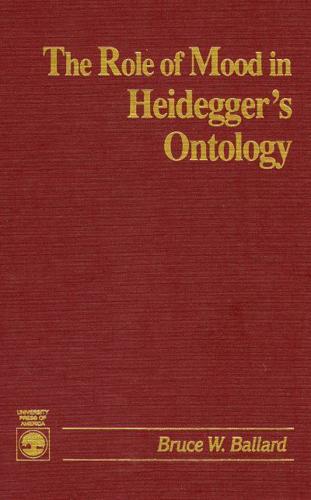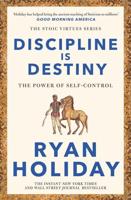Publisher's Synopsis
This work offers a critical examination of how Heidegger uses the concept of mood in his philosophy of being. The author focuses on a specific kind of mood, namely anxiety, distinguishing this authentic mood from inauthentic ones, and then extends the concept outward to encompass Rudolf Otto's phenomenology of religious feeling by providing a ground for that work. There are four stages in the development of the work, each taking up a chapter. The first provides an introductory basis for understanding Heidegger's project in his Being and Time through a detailed analysis of his basic terms. In chapter two the author turns to the role of mood in disclosing self and world. In chapter three the author addresses himself to the marxist interpretation of alienation, and the criticism of certain marxists concerning Heidegger's concept of anxiety as not being socially based but merely psychologically based. In this context the author refers to the works of Adorno, Kosik, Lukacs, Marcuse, and Kolakowski. The focus is on such issues as authenticity, freedom and death. The fourth and final chapter extends Heidegger's remarks concerning mood into the realm of religious mood.












